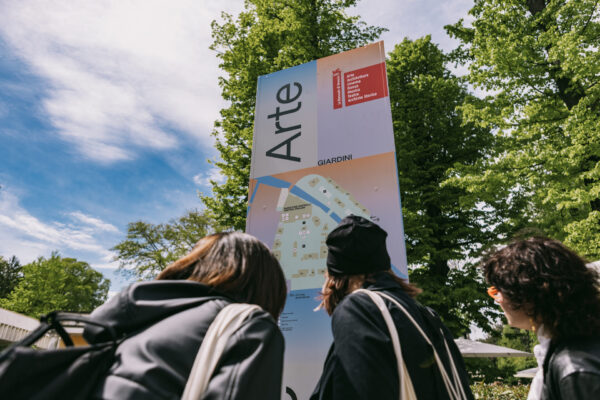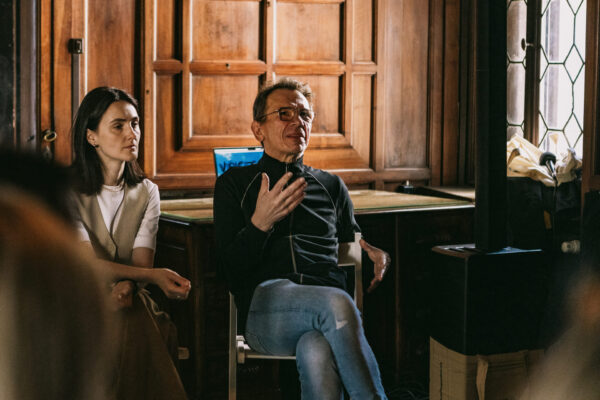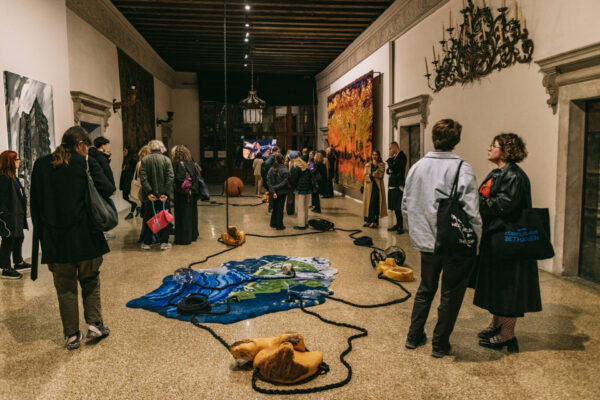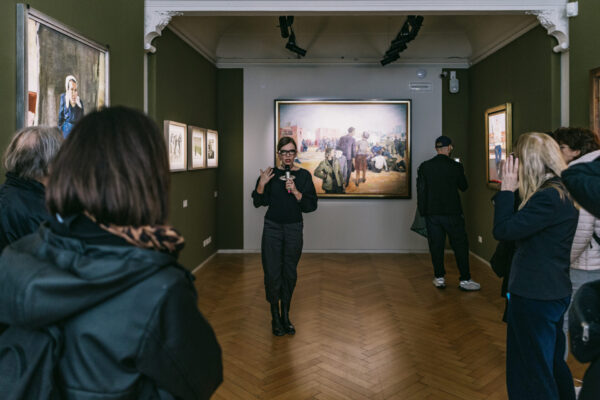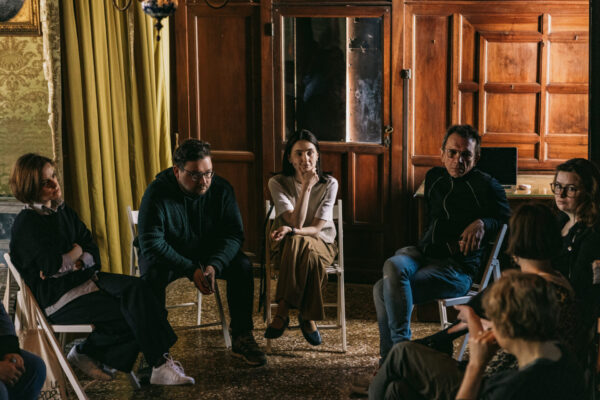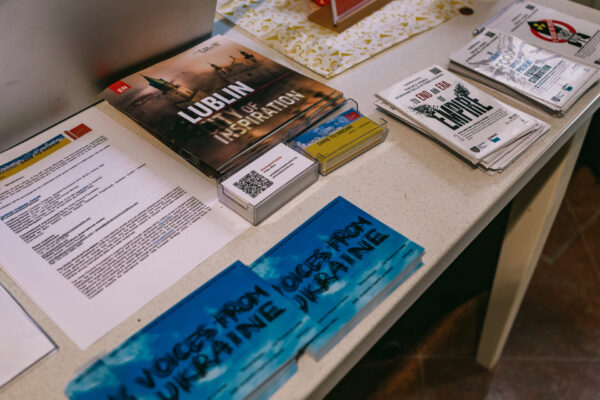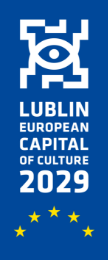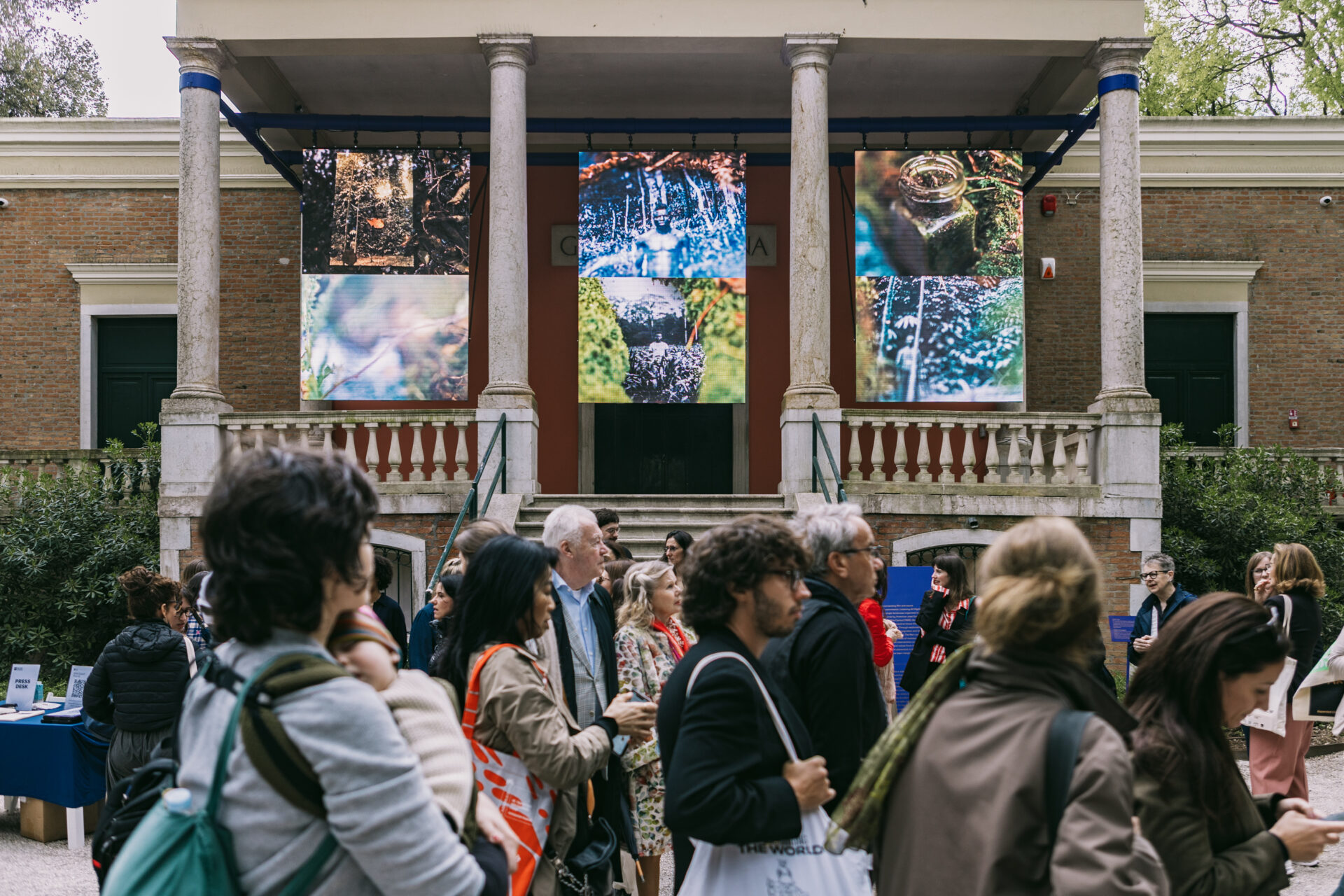
Foreigners are Everywhere – Marta Ryczkowska
The 60th Venice Biennale, entitled “Stranieri Ovunque – Foreigners Everywhere” officially opened on April 20th. The International Exhibition, presented at the Arsenale and Giardini venues, is curated by Adriano Pedrosa, the artistic director of Museo de Arte w São Paulo, however the most memorable events of this edition happened in national pavilions. The main theme is built around keywords relating to the major contemporary challenges: not only mass migration caused by armed conflicts, global warming, the climate crisis, and the economic situation but also the consequences of colonization. National pavilions take on perspectives different from their own: they look into the past and reinterpret the history of art (Spain), invite people from other countries to make their voices heard (Poland), speak openly about the exploitation of African communities and their participation in the global production of goods (Netherlands). There is a recurring theme of refugee journeys through plastic-polluted seas (Great Britain, Panama). Europe appears in them as a place of dynamic change, a change that is also happening in the way we talk about Europe. Its myth is subject to sharp revision (Northern Countries, Lebanon).
There is space for protest against wars and marginalized narratives at this Biennale. Ukrainian art is presented at the Polish Pavilion in a moving video installation by the Open group collective from 2022 and 2024, “Repeat After Me” (the first part premiered during the residency at Galeria Labirynt in Lublin). On recordings, refugees recreate the most characteristic sounds of the war that they remember: tanks, bombs, anti-aircraft alarms, and various types of weapons. The simplicity and interactive nature of the work force the recipients to confront the war situation, which is recorded in the body. The Ukrainian Pavilion “Net Making” is a group exhibition of Ukrainian artists, which pointed to the social context of art through a reference to the collective weaving of masking nets. A speech by Olena Zelenska accompanied the opening. One of the accompanying events at the Pinchuk Art Center was a large exhibition of contemporary Ukrainian art “Dare to Dream”. Galeria Labirynt, supported by the City of Lublin, carried out a networking meeting there, which was attended by curators and directors of museums and galleries from both large and small centres in Ukraine (including Lviv, Kyiv, Dnieper, Khmelnytsky). Thanks to the City’s commitment to promoting international dialogue it was possible to juxtapose different perspectives.
The desire to save what is most creative and alive in culture resonated strongly in the discussions, along with the need for protection, cooperation, and exchange between Ukrainian cities and centres in other parts of Europe. As part of its efforts to win the title of European Capital of Culture, Lublin creates conditions for Re:Union, unblocking connections and activating voices that need to be heard.
